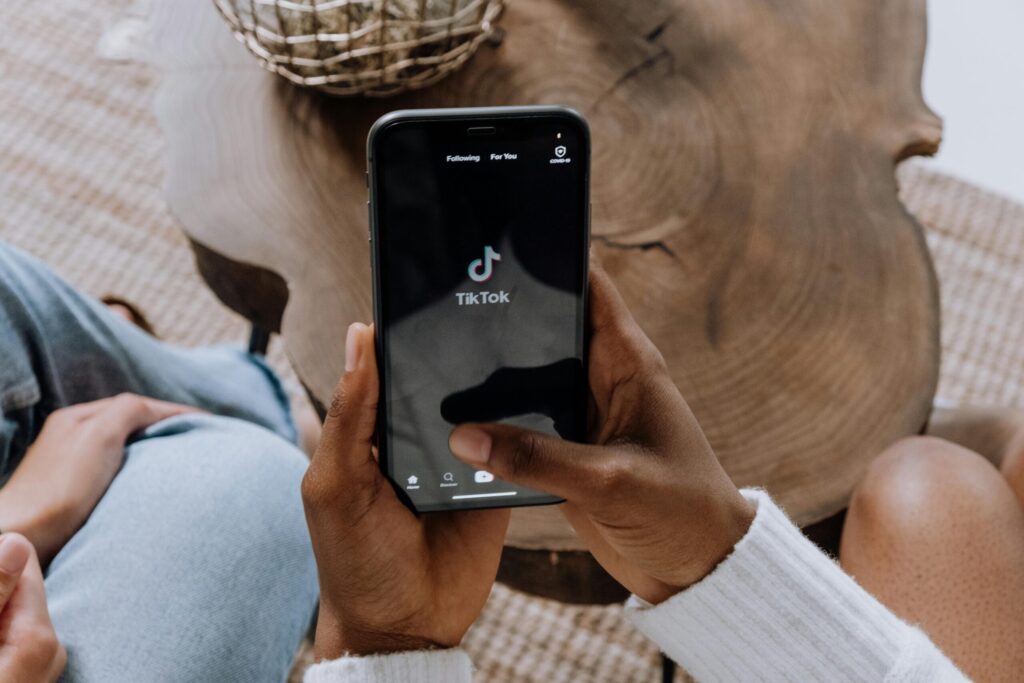
In a notable shift from the typical endless-scroll design of social media, TikTok is rolling out new features aimed at promoting healthier online habits, particularly among users in Sub-Saharan Africa.
At its Digital Well-being Summit in Johannesburg on 26 June, TikTok unveiled a set of tools designed to encourage more mindful platform use and prioritise emotional health. This move reflects the platform’s growing emphasis on cultivating a safer and more supportive online environment.
One of the standout additions is a guided meditation feature, originally part of TikTok’s Sleep Hours programme for teenagers, now available to all users. For users under 18, the tool activates automatically at 10 p.m. to prompt digital downtime, while older users can switch it on manually. Mercy Kimaku, TikTok’s Regional Risk Prevention Lead, stated that over 90% of teens who try it continue to use it regularly.
To enhance parental oversight, TikTok has expanded its Family Pairing options, allowing parents to manage screen time, filter content, and adjust privacy settings — helping young users navigate the platform more safely.
The newly launched Well-being Dashboard provides users with insight into their app usage time and enables them to set usage limits and screen break reminders. According to TikTok, the aim is not to discourage usage but to support balance and help users stay present in their offline lives.
TikTok is also addressing online harassment through AI-powered moderation. If someone attempts to post a potentially hurtful comment, they receive a gentle prompt: “This word is not kind. Can you choose something more positive?” This preventative approach is part of a broader effort to create a more respectful online culture.


















